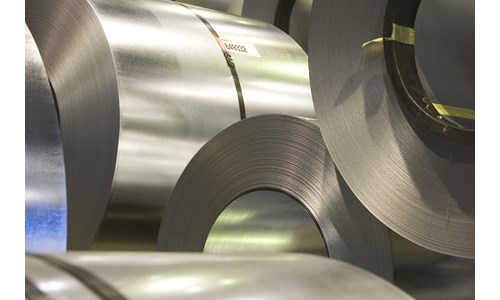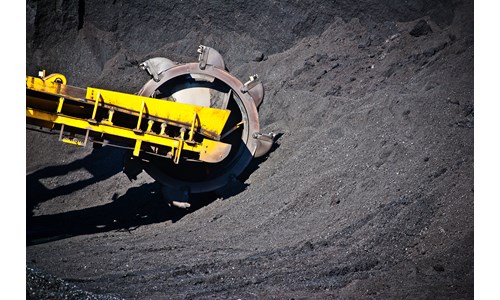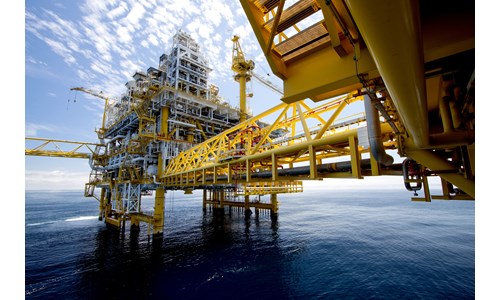Insight
Renminbi devaluation: five things you need to know
This report is currently unavailable
Report summary
China devalued the renminbi on Tuesday August 11 for several reasons. Short term it supports China's flagging industrial sector via an improved trade balance, strengthening corporate profitability and wage growth. Long term it gets China one step closer to making the renminbi an international reserve currency with potentially significant long term implications for commodity markets. This Insight analyses the impact of the devaluation on: steel, aluminium, copper, coal, oil, gas, and chemicals.
Table of contents
- Executive summary
- Renminbi devaluation: five things you need to know
- 1. What happened?
- 3. How significant is the impact on trade?
- 4. Internationalisation of the renminbi
- 5. What impact will the devaluation have on commodities?
- Steel
- Aluminium
- Copper
- Coal
- Oil
- Gas
- Chemicals
- Conclusion
Tables and charts
This report includes 7 images and tables including:
- Nominal exchange rate indices (long term)
- Nominal exchange rate indices (short term)
- China's manufactured goods to Japan, US and the Eurozone (3 month moving average)
- Imports from China for key selected economies
- Annual RMB forecast
What's included
This report contains:
Other reports you may be interested in
Commodity Market Report
Global energy storage market outlook update: Q1 2024
Ten-year outlook update for 2023 to 2033, covering key market trends, global competitions, policy updates, and projected capacity outlooks.
$5,990
Asset Report
Sibutad (Closed) gold mine
A detailed analysis of the Sibutad (Closed) gold mine.
$2,250
Asset Report
Misima (Closed) gold mine
A detailed analysis of the Misima (Closed) gold mine.
$2,250








